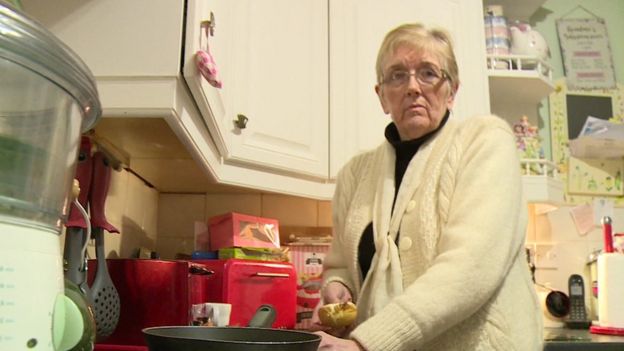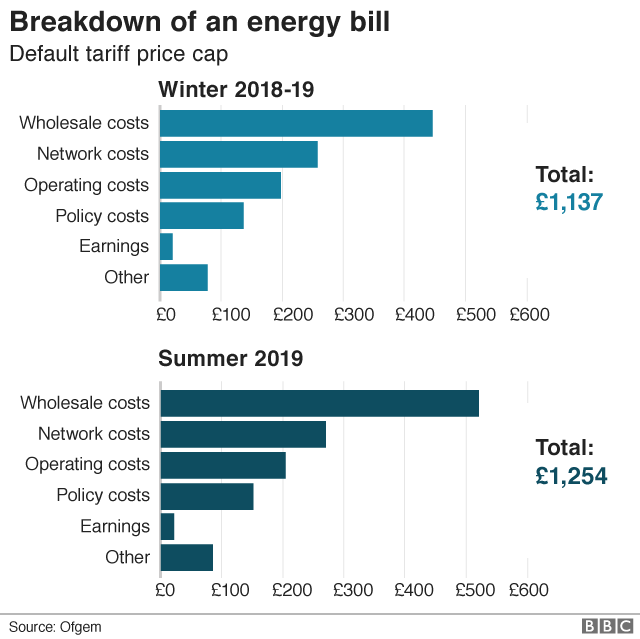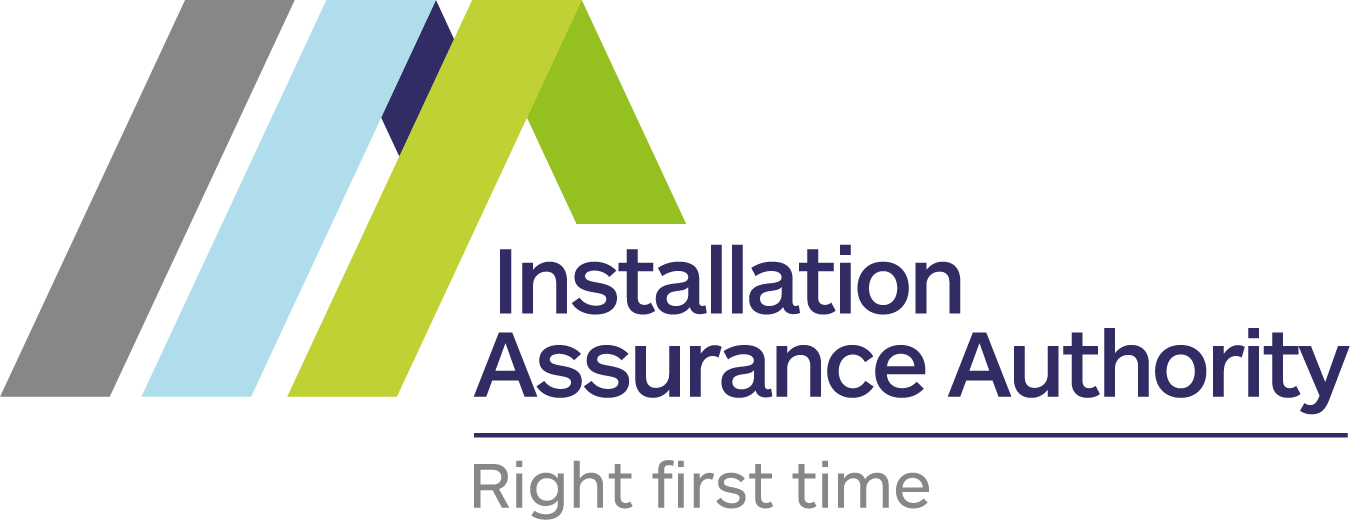More than half of British households are set to see an increase in the cost of energy in April after the regulator, Ofgem, raised price caps.
Ofgem sets maximum prices that can be charged for gas and electricity to those who have not switched suppliers and are on default tariffs. The new cap could see these households typically pay an extra £117 a year. The regulator is allowing suppliers to cover the higher costs they face on the wholesale market. "We can assure these customers that they remain protected from being overcharged for their energy and that these increases are only due to actual rises in energy costs, rather than excess charges from supplier profiteering," said Dermot Nolan, chief executive of Ofgem.- Energy firms under investigation are handed new customers
- Winter likely to finish off some energy firms, analysts say
- Would you trust an auto-switching site for life?

'It could make a big difference to the bills'


How do these caps work?
Energy price capping is a flagship government policy designed to protect the vulnerable and those who have stayed loyal to their energy supplier. Ofgem sets the cap for households in England, Wales and Scotland. Northern Ireland has a separate energy regulator and its own price cap. Ofgem sets a cap on the unit price of energy for electricity and gas, and a maximum standing charge. Energy companies are not allowed to charge default tariffs that are higher than these thresholds. Image copyrightGETTY IMAGES
Image copyrightGETTY IMAGESWhy are prices rising?
Prices are rising because Ofgem is allowing suppliers to charge more to cover the higher wholesale costs they face owing to the higher global price of oil. Wholesale costs account for more than a third of a typical energy bill. The regulator considered the costs faced by suppliers in the six months to the end of January when setting the new cap for April.
Will my bill increase automatically?
The cap is per unit of energy, not on the total bill. So people who use more energy will still pay more than those who use less. The new cap takes effect in April, after the worst of the winter has gone, so the impact of higher prices might not be as great as it could have been. Ofgem points out that, without the existence of the cap, households would have been paying more. Its analysis suggests that default tariff customers could be paying around £75 to £100 a year more on average for their energy had the default tariff cap not been introduced, despite the increase just announced. Image copyrightGETTY IMAGES
Image copyrightGETTY IMAGES



















